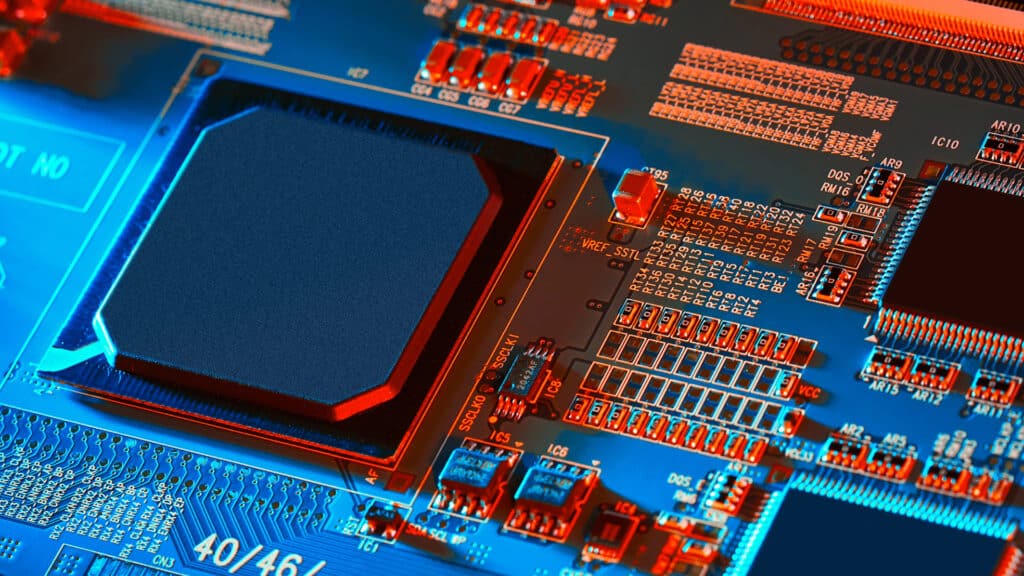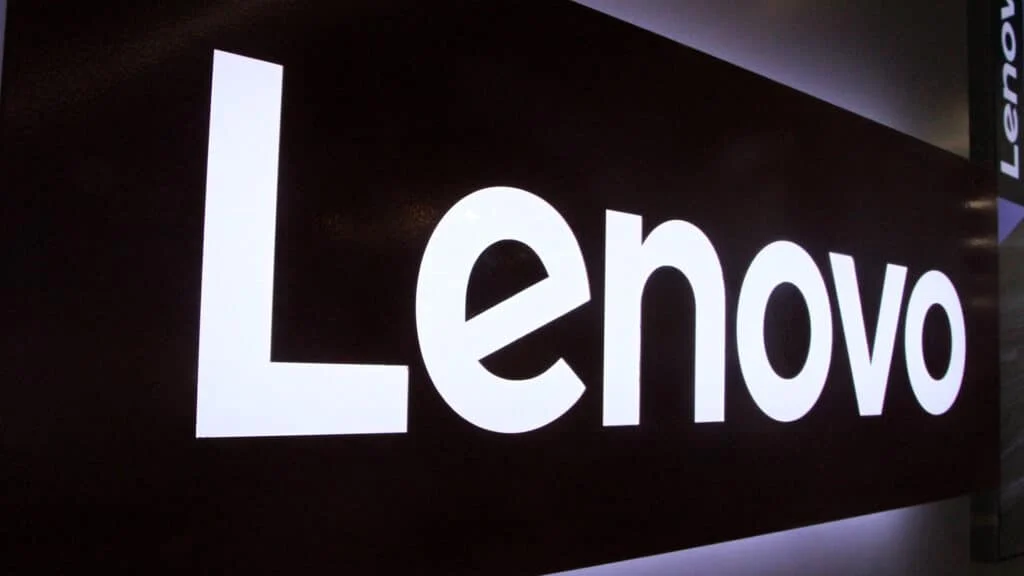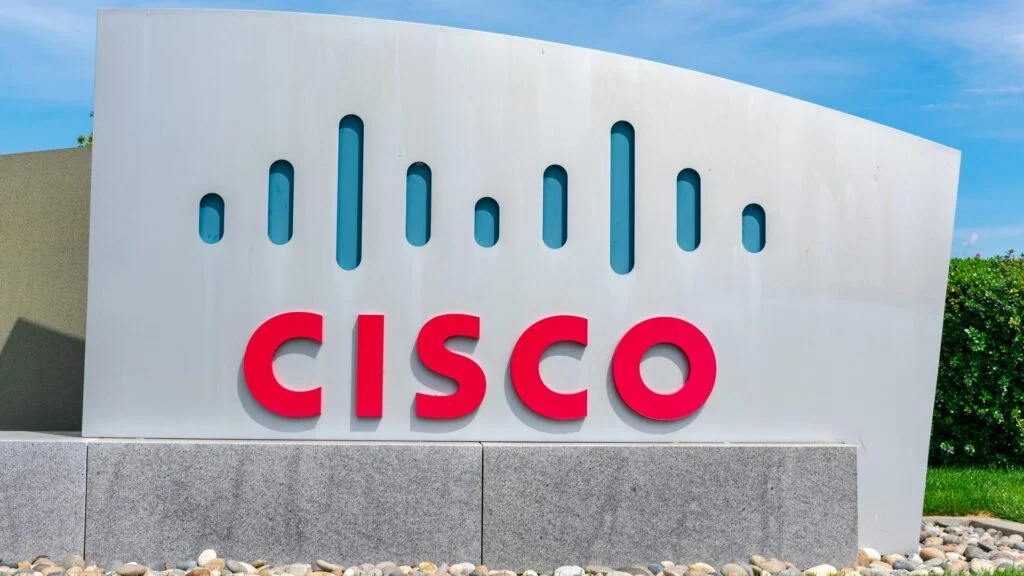The News: Arm has announced its latest processor, the tiny Arm Cortex-M52, which packs more power into a smaller physical chip for use in AI Intelligence of Things (AIoT) endpoint devices for consumers, cities, and industry. Arm said the new Cortex-M52 chips are the smallest and most power-efficient processors using the latest Arm Helium technology. Read the full press release on the new chips on the Arm Newsroom webpage.
Arm Cortex-M52 Is Smaller, Adds Power to Bring AI to More Devices
Analyst Take: The arrival of the new Arm Cortex-M52 family of small processors is an important development as the use of generative AI and AI grows dramatically around the world. In my view, Arm is quickly responding to this expanding market by broadening the hardware pool that device makers can choose from to equip their products for more AI and generative uses across the marketplace.
With its new Arm Cortex-M52 processors, Arm is providing AIoT device makers with the smallest Arm designs for the newest devices, giving device makers lots of possibilities to equip new physical form factors and designs. I believe that this flexibility will be huge in the marketplace as device makers dream up new ideas and possibilities to fill consumer and business product niches, armed with smaller processors that allow them to solve previously challenging physical layouts. What I also like about the new Arm Cortex-M52 family is that software developers can use the same tools, software, and knowledge base that are available to them in the Arm Cortex-M ecosystem, which expands their capabilities and development options.
The latest Cortex-M52 processor is Arm’s smallest implementation of its Armv8.1-M chip architecture, which includes its Arm Helium vector processing technology. Arm Helium technology is the M-Profile Vector Extension (MVE) of the Armv8. 1-M architecture. Through its unique architecture design, Arm Helium delivers significant performance upgrades and benefits for machine learning (ML) and digital signal processing (DSP) applications used by device makers.
And that is the big plus for device makers that choose this new processor. With Arm Cortex-M52, device makers can take advantage of the space-saving and energy efficient benefits of the Armv8.1-M architecture with Arm Helium vector processing technology, making the chips a great choice for new devices that incorporate demanding DSP and ML needs. The increased performance of the Cortex-M52 processors over Arm’s previous Arm Cortex-M33 chips is significant with DSP and ML applications, which is why Arm worked to bring this new power to its latest generation of products.
I am particularly impressed with the use cases that Arm said are targeted with the new Cortex-M52 processors, ranging from energy efficient microcontroller units (MCUs) for battery-operated consumer devices, ML-enabled wearables, smart industrial sensors, industrial IoT safety critical actuators, and more. The Cortex-M52 processors can also be used for smaller devices for edge computing, smart home devices, and other consumer and business equipment.
Arm Cortex-M52 Addresses the Growth of AI Enablement
As generative AI and the large language models (LLMs) that make it possible to continue to grow and gain attention and development, consumer and business devices will be created to take advantage of these new tools and capabilities. These new processors will help to power those device roadmaps, giving device makers smaller, more energy efficient processors to do what could not even be imagined only a few years ago.
I believe this development is one of the most exciting parts of the latest Arm Cortex-M52 family, which will help drive product design ingenuity and creativity across the marketplace. One of the biggest accomplishments of the Arm Cortex-M52 is that it provides boosts in DSP and ML performance without the cost overhead of dedicated DSP and ML accelerators. This feature, I believe, is a huge advantage that will make a splash with device vendors.
Arm Cortex-M52: What It Means for the Marketplace
The introduction of the new Arm Cortex-M52 processor family is a notable and important moment for consumer and business AIoT device development and is one that will lead to a wide range of new innovations and possibilities, all due to Arm’s latest technological accomplishments. In my view, it is a seminal moment in AIoT and IoT device development because it will unleash innovative thinking across a wide range of business segments.
Bringing AI and generative AI power and capabilities to these devices will be an exciting market to watch as vendors find new ways of changing our lives with these powerful new tools. I believe that Arm is in the forefront of these latest technology shifts and developments as the global chip wars continue.
Disclosure: The Futurum Group is a research and advisory firm that engages or has engaged in research, analysis, and advisory services with many technology companies, including those mentioned in this article. The author does not hold any equity positions with any company mentioned in this article.
Analysis and opinions expressed herein are specific to the analyst individually and data and other information that might have been provided for validation, not those of The Futurum Group as a whole.
Other Insights from The Futurum Group:
Raspberry Pi Gets a Strategic IoT Investment from Arm
Arm Fighting Semiconductor Skills Shortage With New Education Alliance
Qualcomm Snapdragon 8 Gen 3 Brings Generative AI to Smartphones






